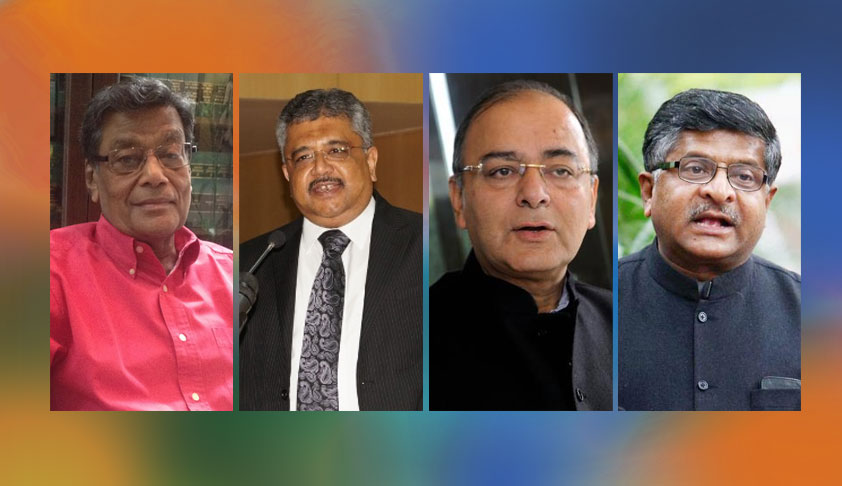- Home
- /
- Top Stories
- /
- Government’s Doublespeak On Right...
Government’s Doublespeak On Right To Privacy
LIVELAW NEWS NETWORK
24 Aug 2017 9:00 PM IST
The Central Government, in a press release today, has welcomed the Supreme Court’s judgment upholding the Right to Privacy, as one protected by Article 21 of the Constitution. According to the Government, the judgment is consistent with all the necessary safeguards that the Government has ensured in its legislative proposals which have been approved by Parliament.The Government blames...
Next Story



